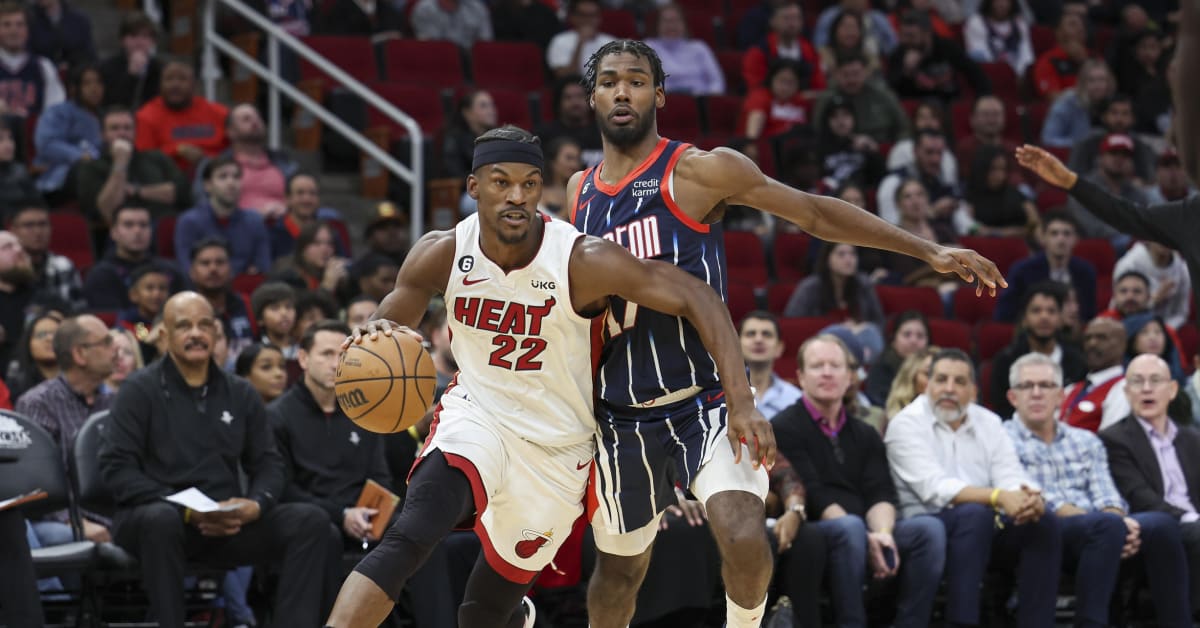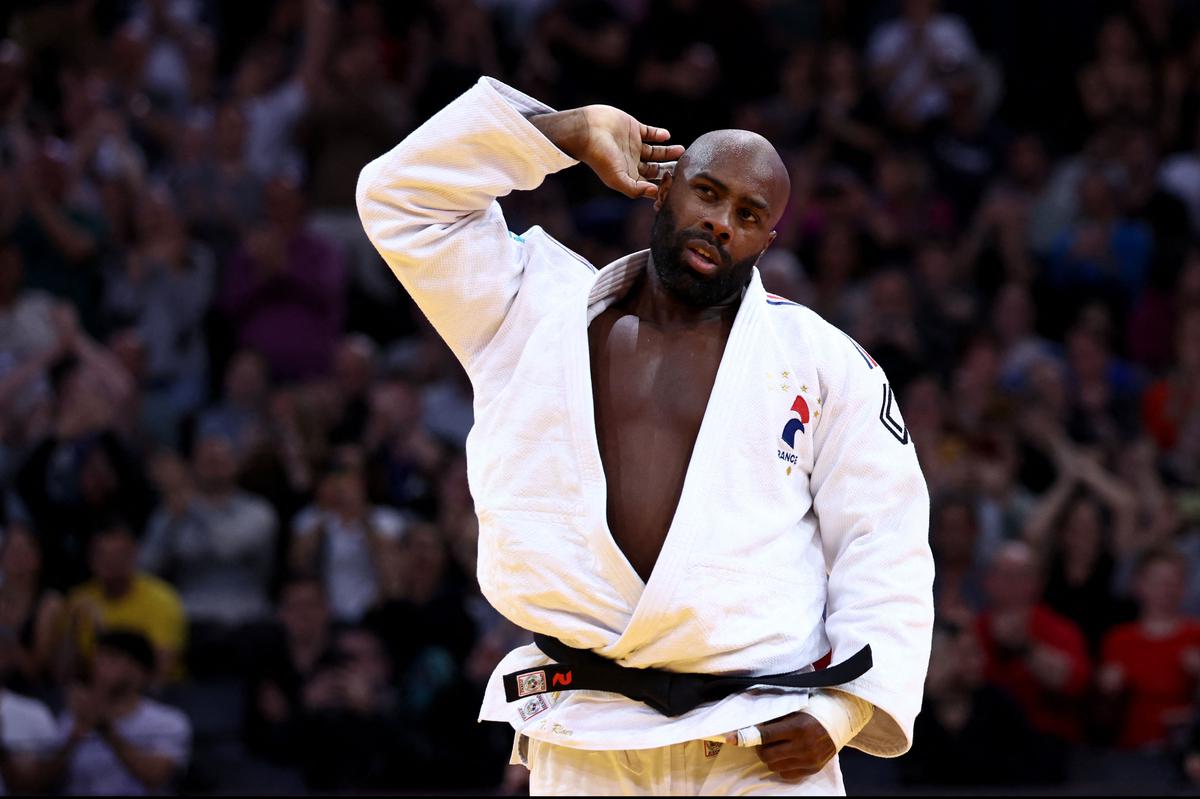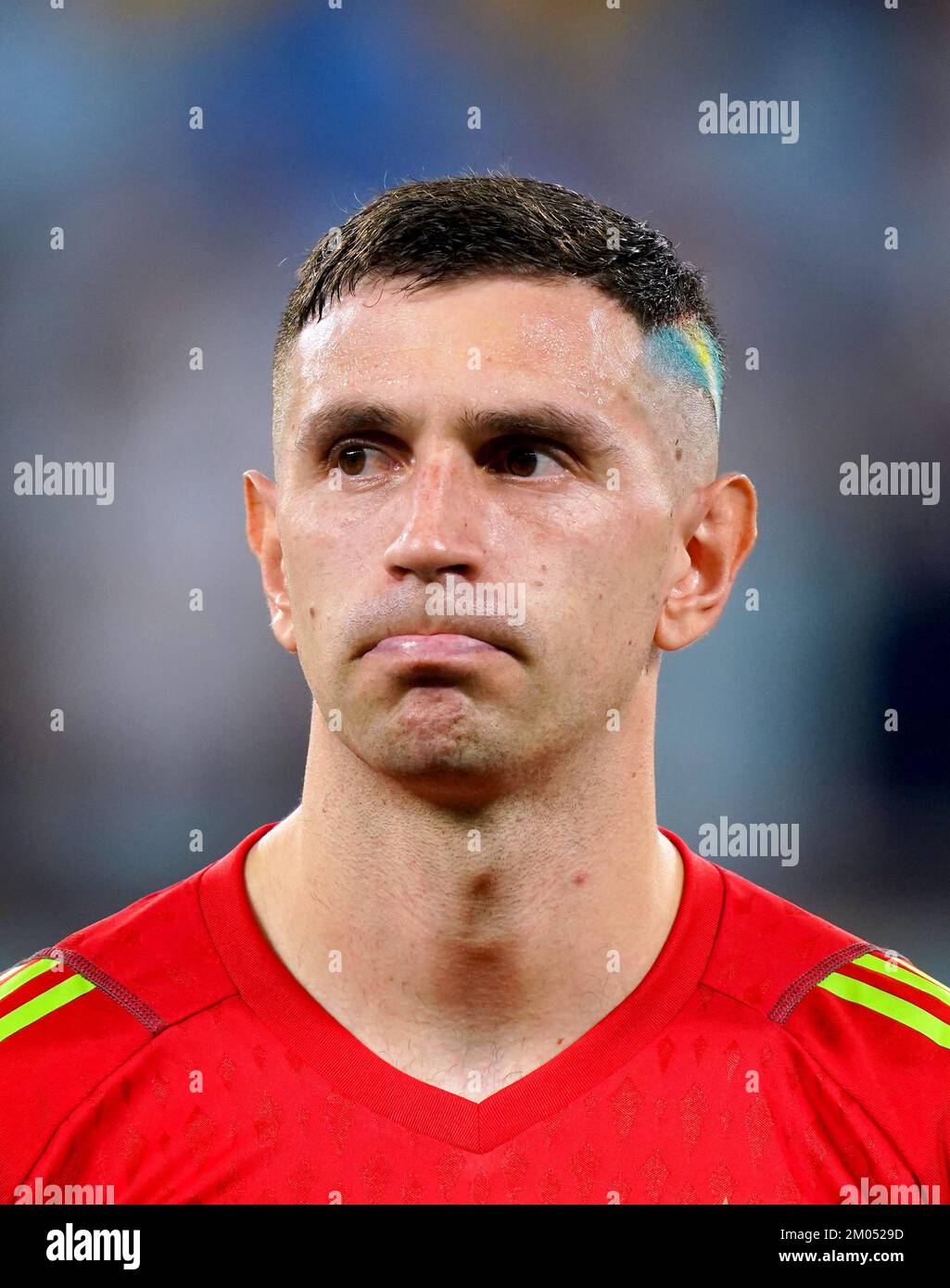Was Jimmy Butler Overburdened? Evaluating The Miami Heat's Supporting Cast

Table of Contents
Offensive Production Beyond Butler: A Lack of Consistent Scoring?
The Heat's offensive success too frequently relied on Jimmy Butler's heroics. While Butler consistently delivered, the inconsistency from other players created a significant offensive burden.
The Scoring Drought Outside the "Big Three":
The lack of consistent scoring outside of the "Big Three" – Butler, Bam Adebayo, and Tyler Herro – was a recurring theme.
- Specific examples: Numerous games showcased a heavy reliance on Butler for late-game scoring, leaving the team vulnerable when he was off the court or facing intense defensive pressure.
- Statistical comparison: Comparing Butler's usage rate and scoring burden to other NBA stars reveals a significant disparity. He often carried a much heavier load than players on comparable teams, highlighting the lack of consistent scoring options.
- Role player performance: While players like Max Strus and Gabe Vincent showed flashes of brilliance, their overall consistency wasn't enough to consistently alleviate the pressure on Butler. Their scoring averages paled in comparison to other teams' complementary scorers. This lack of consistent offensive contributions directly contributed to the "Jimmy Butler Overburdened" narrative.
Lack of a Reliable Third Scoring Option:
The absence of a reliable third scoring option proved to be a critical weakness. The inconsistency stemmed from both injuries and fluctuating performance levels.
- Injuries and Performance Fluctuations: Key players like Tyler Herro experienced injuries and inconsistent performances, impacting their ability to provide consistent support to Butler. This unpredictable performance undermined offensive strategies and increased the burden on Butler.
- Impact on Butler's Minutes and Fatigue: The lack of a consistent third scorer forced Butler to play extended minutes, leading to increased fatigue and potentially higher injury risk. A dependable third scorer could have significantly reduced his workload.
- The Need for Reliable Support: The Heat desperately needed a more reliable player to step up and consistently contribute offensively, alleviating the immense pressure on their star player. This is a key aspect of addressing the "Jimmy Butler Overburdened" issue.
Defensive Shortcomings: Impact on Butler's Minutes
Defensive deficiencies further contributed to the increased burden on Jimmy Butler. His defensive intensity often masked the team's overall defensive struggles.
Defensive Inefficiency:
The Heat's defensive performance, particularly during crucial playoff moments, frequently left much to be desired. This directly impacted Butler's minutes and overall fatigue.
- Defensive Statistics: Analyzing defensive statistics like opponent field goal percentage and points allowed per game reveals areas where the team struggled defensively. These struggles forced Butler to compensate through increased playing time and defensive effort.
- Defensive Lapses: Specific defensive lapses—missed rotations, poor help defense, and inconsistent rebounding—repeatedly put extra pressure on Butler to bail the team out. He often had to shoulder the burden of cleaning up mistakes made by others.
- Comparison to Top Defensive Teams: Comparing the Heat's defensive performance to top defensive teams in the league highlights the significant gap in defensive efficiency. This gap exacerbated the pressure on Butler, contributing to his immense workload.
Rebounding Issues and Second-Chance Points:
The Heat's struggles on the boards led to an abundance of second-chance points for opponents. This directly increased Butler's defensive responsibilities.
- Rebounding Statistics: Analyzing rebounding statistics reveals a clear weakness in this area, highlighting the need for improved team rebounding. Poor rebounding directly contributed to the increased defensive load on Butler.
- Impact of Opponent Second-Chance Points: The sheer number of second-chance points allowed often put the Heat in precarious positions, forcing Butler to work even harder on defense to compensate.
- Contribution to Butler's Fatigue: The constant need to hustle back for rebounds and defend second-chance opportunities further contributed to Butler's fatigue, making him more susceptible to injury and less effective overall.
Injury Concerns and Their Ripple Effect
Injuries to key role players throughout the season significantly exacerbated Butler's already heavy workload.
The Impact of Injuries on Role Players:
Injuries to key role players depleted the team's depth and further intensified the pressure on Butler.
- Key Injuries and Duration: A list of significant injuries and their durations would highlight the impact of player unavailability on the team’s overall performance. These injuries forced Butler to carry an even heavier load.
- Impact on Team Depth and Performance: The absence of key players directly impacted the team's depth and overall performance. Statistical comparisons showing the team's performance before and after injuries would emphasize this point. This decline in performance forced Butler to shoulder the responsibility for the team's successes.
- Increased Burden on Butler: The lack of healthy, reliable teammates dramatically increased Butler's burden, both offensively and defensively. This increase in responsibility was a significant factor in the "Jimmy Butler Overburdened" discussion.
Butler's Own Injury Risk:
The high workload significantly increased Butler's own risk of injury, posing a long-term concern.
- Butler's Injury History: Examining Butler's injury history reveals his vulnerability to injuries and his susceptibility to the high-intensity play he routinely engages in. The accumulated stress of an excessive workload significantly raises his risk.
- Potential Long-Term Consequences: The potential long-term consequences of carrying such a heavy burden could impact Butler's career longevity and future performance. The risk of injury and burnout is a very real concern.
- Workload Management and Preventative Measures: The need for proactive workload management and preventative injury measures, including rest and strategic minutes management, are critical to preserving Butler’s health and extending his career. This is crucial for the Heat’s long-term success.
Conclusion
This analysis strongly suggests that Jimmy Butler was indeed overburdened during the season. The lack of consistent offensive production and defensive support from his teammates significantly increased his minutes and responsibility, leading to potential long-term consequences. Addressing the weaknesses in the supporting cast is crucial for the Miami Heat's future success, not just to improve team performance but to ensure the longevity and well-being of their star player. To avoid future instances of a heavily burdened Jimmy Butler, the Heat need to actively improve their supporting cast through strategic free agency and draft choices. Only then can they truly compete for a championship and prevent the recurrence of a “Jimmy Butler Overburdened” situation.

Featured Posts
-
 Dramatic 9th Inning Wards Grand Slam Secures Angels Win Against Padres
May 15, 2025
Dramatic 9th Inning Wards Grand Slam Secures Angels Win Against Padres
May 15, 2025 -
 Padres Resistance To Dodgers Master Plan A Season Of Rivalry
May 15, 2025
Padres Resistance To Dodgers Master Plan A Season Of Rivalry
May 15, 2025 -
 Cubs Fall To Padres Series Ends In San Diego
May 15, 2025
Cubs Fall To Padres Series Ends In San Diego
May 15, 2025 -
 Ge Force Now 21 Nouveaux Jeux Arrivent Ce Mois
May 15, 2025
Ge Force Now 21 Nouveaux Jeux Arrivent Ce Mois
May 15, 2025 -
 Mls Injury News Martinez And White Unavailable For Saturdays Match
May 15, 2025
Mls Injury News Martinez And White Unavailable For Saturdays Match
May 15, 2025
